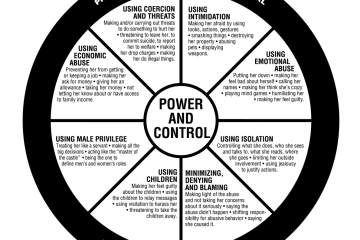Understanding Fallout: Impacts and Current Relevance

Introduction
Fallout, often associated with nuclear explosions, has gained renewed relevance in light of ongoing global geopolitical tensions and advancements in military technology. As nations navigate crises and military posturing, understanding fallout—both in terms of its physical implications and metaphorical significance—has become essential for public awareness and safety. This article delves into the nature of fallout, recent events surrounding it, and its wider societal implications.
The Nature of Fallout
Fallout can be categorised into two primary forms: radioactive fallout and metaphorical fallout. Radioactive fallout refers to the radioactive particles that descend to Earth following a nuclear explosion. This presents health risks, such as cancer and radiation sickness, which can persist long after the initial event. On the other hand, metaphorical fallout often discusses the repercussions of significant events, such as political decisions or military actions that lead to unintended consequences impacting global relations.
Current Events Surrounding Fallout
In recent months, rising tensions in regions such as Eastern Europe and the Korean Peninsula have brought the concept of fallout back into public discourse. For instance, military exercises and missile tests conducted by North Korea have prompted international concern about potential nuclear engagement, increasing the risk of radioactive fallout. Furthermore, diplomatic responses from world powers, including sanctions and military readiness, can create a ripple effect, a form of metaphorical fallout that alters international relationships and public perception.
Impact on Global Awareness
The rise in sociopolitical awareness regarding fallout has also led to increased efforts in disaster preparedness and education. Countries are revisiting and updating their civil defence plans to prepare citizens for potential fallout scenarios, whether arising from natural disasters or nuclear incidents. Recent events, such as the 2022 Russian invasion of Ukraine, highlight the dire need for clear communication and preparedness protocols regarding fallout risks.
Conclusion
Understanding fallout in both its literal and metaphorical contexts is crucial for safeguarding public health and fostering informed societal responses. As geopolitical tensions continue to fluctuate, the emphasis on preparing for potential fallout scenarios—be they nuclear or related to political decisions—is likely to grow. Individuals and communities must stay informed and engaged, as the implications of fallout can resonate across generations, influencing global security, health, and political stability.









